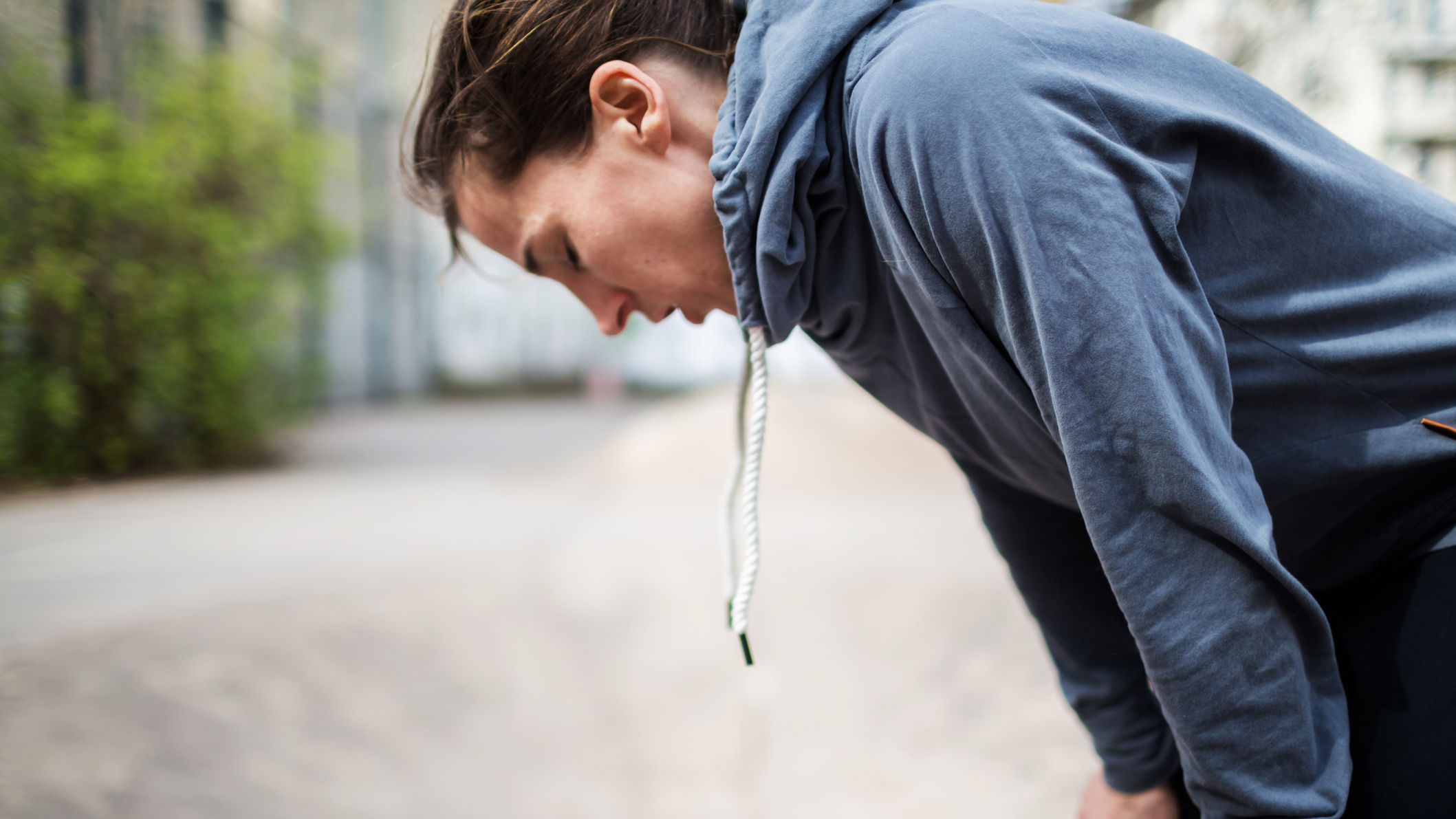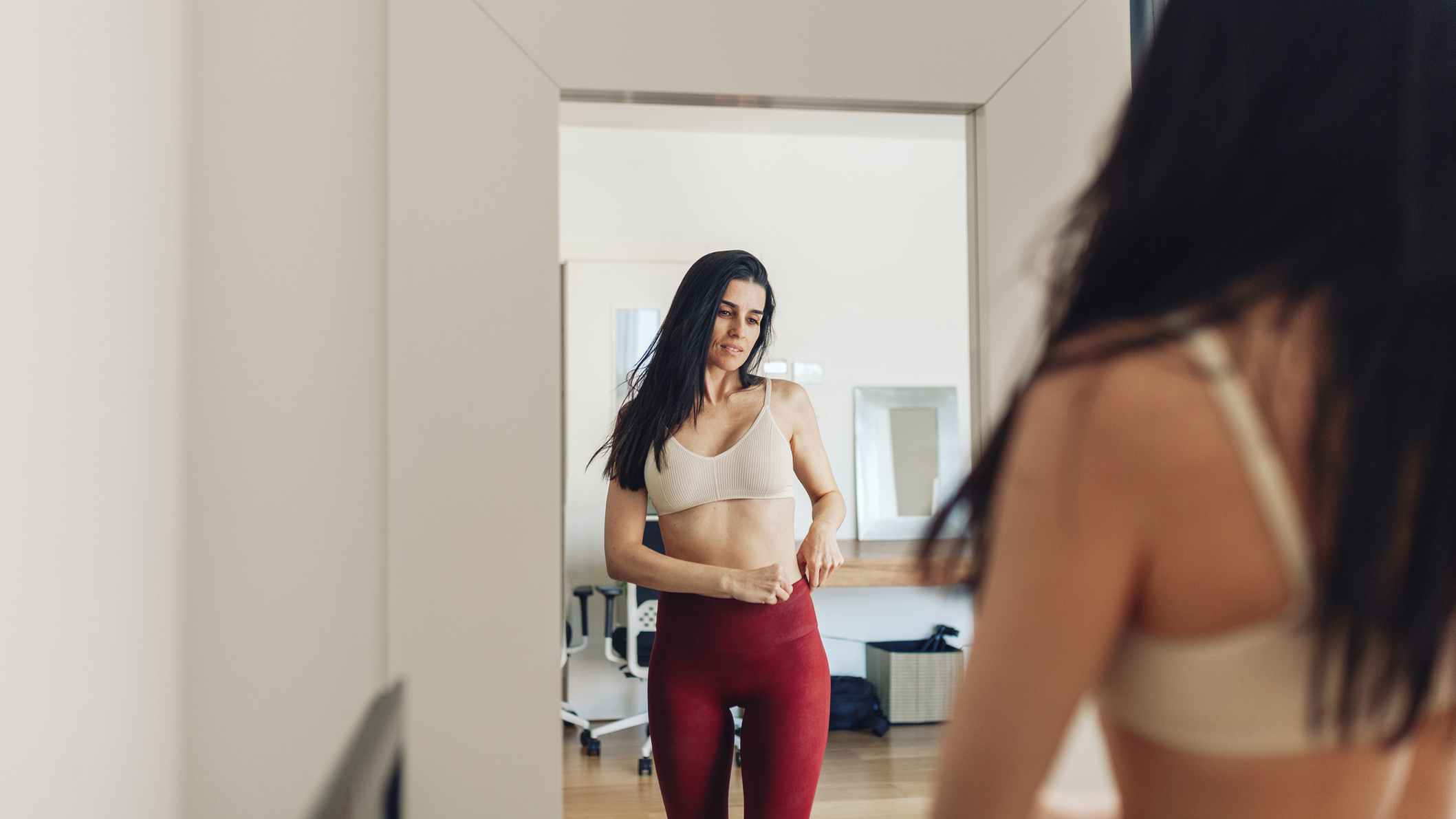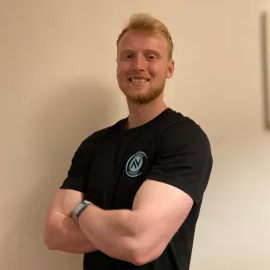Harry Styles’ trainer reveals the three biggest mistakes people make when they first start exercising
Stay motivated and build sustainable exercise habits with these tips from Thibo David


Start your week with achievable workout ideas, health tips and wellbeing advice in your inbox.
You are now subscribed
Your newsletter sign-up was successful
January is sure to mark the start of new fitness plans for lots of people. As the month rolls on, it tends to mark the end of a lot of them too.
If you want to stick with your new year's exercise resolutions, you need to make your goals realistic and sustainable, says expert trainer Thibo David. He's trusted by the likes of singer Harry Styles, actor Chris Pine and several professional athletes to help them hit their health and fitness goals. So if there's someone who can set you on the right track for 2024, it's him.
Below, David details the three biggest mistakes he sees people making at the start of their exercise endeavors and offers tips on how to avoid them.
1. Not being aware of your limitations

If you set yourself the goal of waking up at 5am everyday for a workout, but find yourself regularly hitting the snooze button, then it might be time to scale back your ambitions.
"People make the mistake of jumping straight into a routine that they’ve seen somewhere—and they’ll stick to it for a bit—but very quickly the body breaks down because the machine hasn’t been built properly," says David.
Instead of challenging yourself with a punishing new regime, he suggests that you build foundational fitness first. Start with long walks, gentle jogs or steady-paced cycling sessions.
This will help you build up your aerobic capacity, which is the maximum amount of oxygen your body can use during exercise. Boosting your aerobic capacity improves your cardio fitness and also prepares your body for more intense activities down the line.
Start your week with achievable workout ideas, health tips and wellbeing advice in your inbox.
When you first start working out, David says these slow and steady efforts should make up 80-90% of your training. After a few weeks of this, you can start introducing more demanding exercise like HIIT and weighted circuits.
The longer aerobic capacity work should still make up the bulk of your training to maintain your base fitness and help you recover—David suggests a 60:40 ratio going forward.
2. Being influenced by fitness fads and social media

The best social media fitness accounts can be a source of information and motivation. But others can derail your fitness plans with unrealistic expectations and bad advice.
"When you use social media, you might see videos of guys doing crazy jumping push-ups and things like that. Trying to emulate that is not realistic," David says.
"Or you might see someone saying ‘The best way to build your VO2 max is to do sprints’. Then you do sprints and you hurt yourself because you haven’t spent time building your base,” he says.
David says the best way to avoid being influenced by this is to focus on your own steady goals and progress.
"Don’t try and compete with anyone else, compete with yourself," he says.
3. Focusing on superficial goals

Fitness goals such as losing weight, getting a six-pack or building more muscular arms are commonplace. But David says pursuing cosmetic-focused goals is unlikely to provide the long-lasting motivation you need to establish a positive, sustainable relationship with exercise.
"You need to use working out as something that’s going to help you live a longer, stronger and fitter life," he says.
One of David's personal fitness motivations relates to his family: "I run all the time, but my kids are nine and six and they still tire me out". Staying in shape helps him keep up with his children when they're zooming round parks and playgrounds.
"It’s very important that we think beyond ‘I just want to work out so I can look good’. It has to be more than that."
Looking for some easy ways to get started? Have a read through our running plan for beginners, or start slowly with these five-minute workouts.
Need some guidance on what weights to buy? See our round-up of the best adjustable dumbbells

Harry Bullmore is a Fitness Writer for Fit&Well and its sister site Coach, covering accessible home workouts, strength training session, and yoga routines. He joined the team from Hearst, where he reviewed products for Men's Health, Women's Health, and Runner's World. He is passionate about the physical and mental benefits of exercise, and splits his time between weightlifting, CrossFit, and gymnastics, which he does to build strength, boost his wellbeing, and have fun.
Harry is a NCTJ-qualified journalist, and has written for Vice, Learning Disability Today, and The Argus, where he was a crime, politics, and sports reporter for several UK regional and national newspapers.